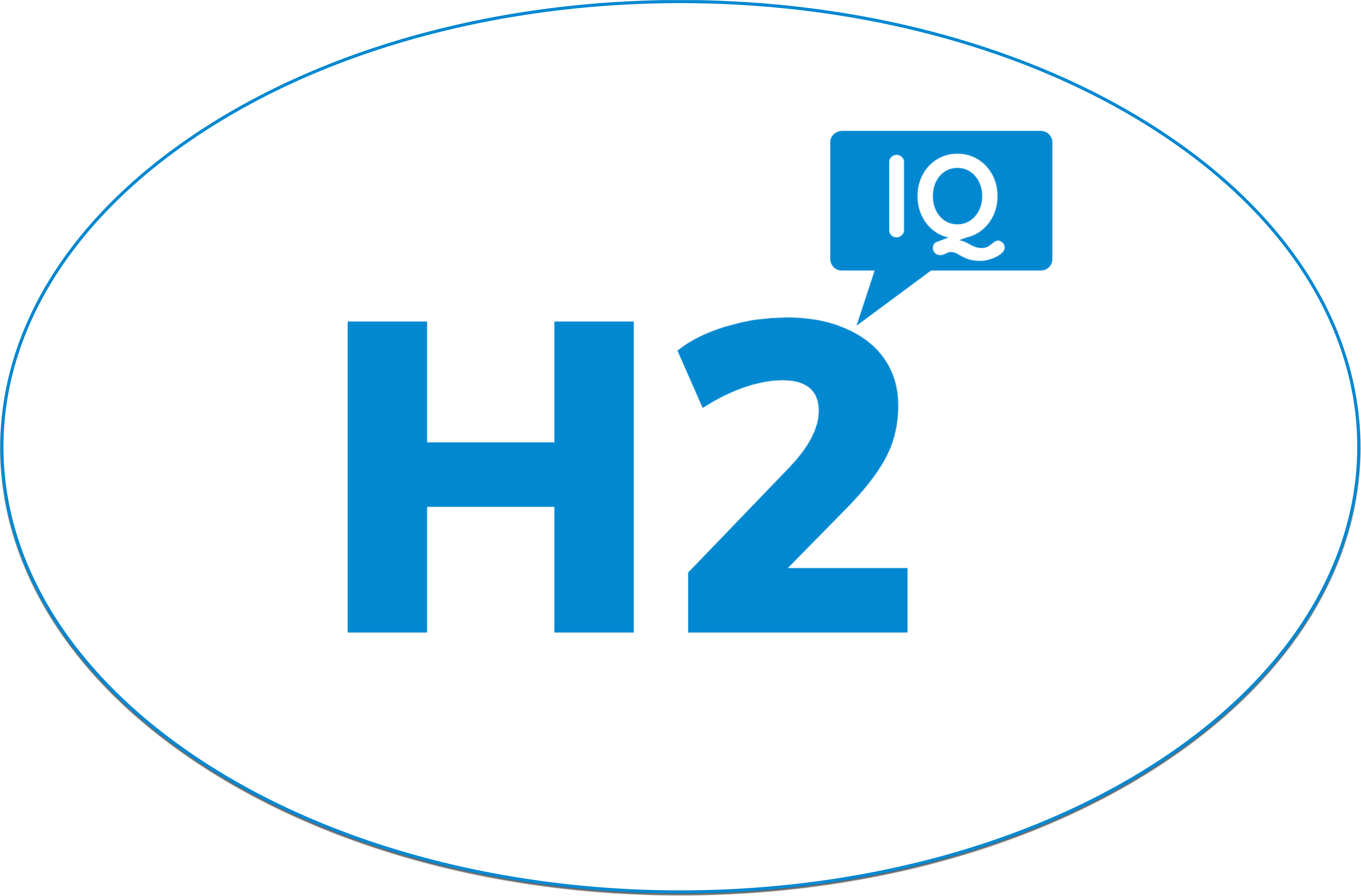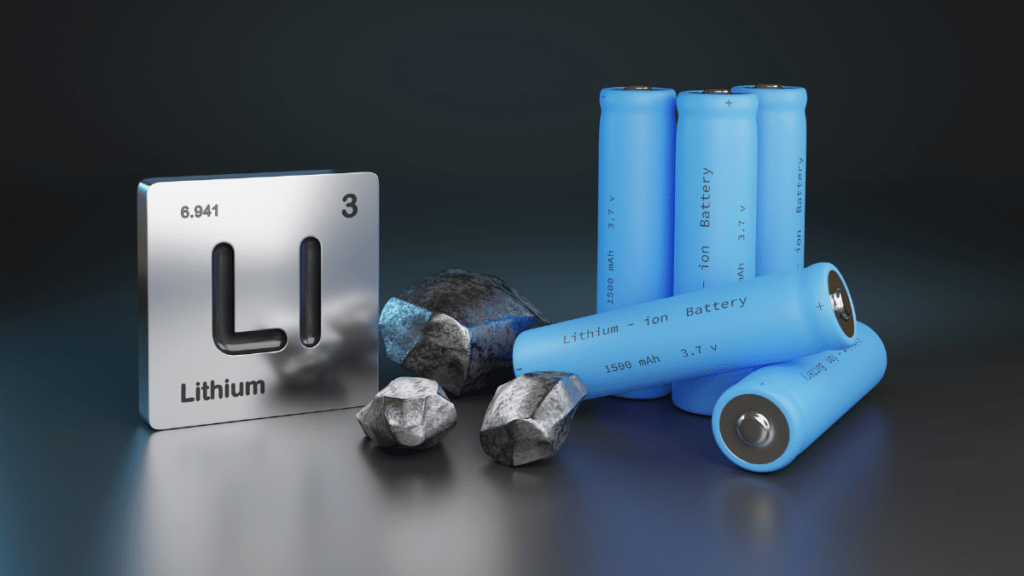
The weaponization of commodities in a world that is increasingly turning multipolar and where legacy trade links and commercial bridges are burning down metaphorically (and in some cases literally) is accelerating.
Chile’s President Gabriel Boric stunned the world on Thursday when he said he would nationalize the country’s lithium industry, the world’s second largest producer of the metal essential in electric vehicle batteries, to boost its economy and protect its environment.
The shock move in the country with the world’s largest lithium reserves would in time transfer control of Chile’s vast lithium operations from industry giants SQM and Albemarle to a separate state-owned company.
The nationalization poses a fresh challenge to electric vehicle (EV) manufacturers scrambling to secure battery materials, as more countries look to protect their natural resources. Mexico nationalized its lithium deposits last year, and Indonesia banned exports of nickel ore, a key battery material, in 2020.
“This is the best chance we have at transitioning to a sustainable and developed economy. We can’t afford to waste it,” Boric said in an address televised nationwide.
Future lithium contracts would only be issued as public-private partnerships with state control, he said, hoping to extract far more profits from lithium demand by EV giants such as Tesla and well, everyone else these days.
The government would not terminate current contracts, but hoped companies would be open to state participation before they expire, he said, without naming Albemarle and SQM, the world’s No.1 and No.2 lithium producers respectively. In other words, they can volunteer to hand over control of their assets. SQM’s contract is set to expire in 2030 and Albemarle’s in 2043.





